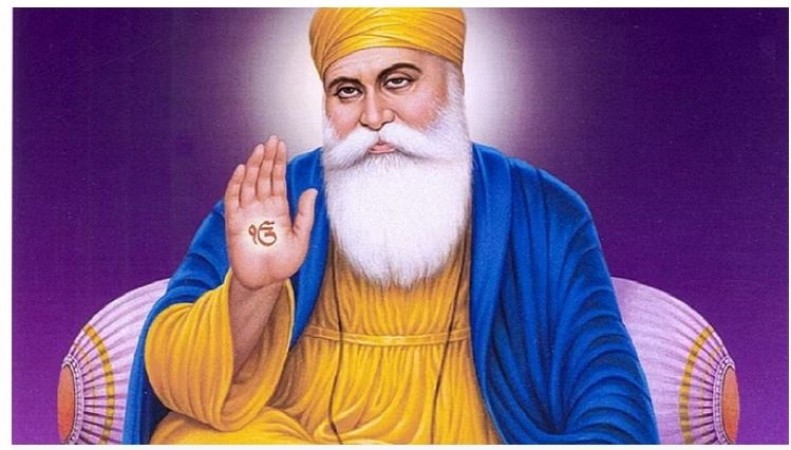
On September 22nd, millions of Sikhs around the world commemorate the death anniversary of Guru Nanak Dev Ji, the revered founder of Sikhism. Guru Nanak's teachings, wisdom, and profound impact on society continue to inspire and guide millions of followers to this day. This article delves into the life, teachings, and legacy of Guru Nanak Dev Ji, shedding light on his pivotal role in shaping the Sikh faith and his enduring influence on humanity.
The Life of Guru Nanak Dev Ji
Guru Nanak Dev Ji was born on April 15, 1469, in the village of Rai Bhoi di Talwandi, which is now known as Nankana Sahib in modern-day Pakistan. From a young age, he displayed a deep spiritual inclination and a quest for understanding the nature of existence. It was during his spiritual journey that he received a divine calling to spread the message of 'one God' and to emphasize the unity of all beings.
Guru Nanak's Travels and Teachings
Guru Nanak Dev Ji embarked on extensive travels, known as his Udasis, which took him to various parts of India and beyond. His journeys covered a wide expanse, including places in present-day India, Pakistan, Sri Lanka, Saudi Arabia, and Tibet. Throughout his travels, he engaged in dialogues with people of various religious backgrounds, including Hindus, Muslims, and Buddhists, promoting the idea of religious harmony and unity.
One of Guru Nanak's most significant contributions was the creation of a distinct script known as Gurmukhi, which allowed for the recording of his teachings and scripture. The sacred Sikh scripture, the Guru Granth Sahib, is a compilation of verses written in Gurmukhi and serves as a timeless guide for Sikhs.
Key Teachings of Guru Nanak Dev Ji
Oneness of God: Guru Nanak Dev Ji's central teaching was the belief in one God, referred to as Waheguru. He emphasized that God is the eternal truth and that this divine presence can be found in all of creation. This concept of Ik Onkar, meaning "There is only one God," remains a fundamental tenet of Sikhism.
Equality and Social Justice: Guru Nanak was a staunch advocate for social equality and justice. He condemned caste-based discrimination, advocating for the equality of all human beings. His teachings underscored the importance of service to others and helping those in need.
Selfless Service (Seva): Guru Nanak Dev Ji encouraged his followers to engage in selfless service, or seva, as a means of connecting with the divine. This act of serving others without expectation of reward is a core principle in Sikhism and has led to the establishment of langar, a free community kitchen, in Sikh temples worldwide.
Honest Livelihood: Guru Nanak emphasized the importance of earning a livelihood through honest means and hard work. He discouraged theft, deception, and exploitation in any form.
Equality of Women: Guru Nanak Dev Ji was a strong proponent of gender equality. He affirmed the importance of women's roles in society and encouraged women to participate in all aspects of life, including spiritual and social affairs.
Legacy and Impact
Guru Nanak Dev Ji's teachings continue to resonate with people of diverse backgrounds and faiths. Sikhism, founded by Guru Nanak, has grown into one of the world's major religions, with millions of followers worldwide. His message of unity, equality, and devotion to the divine has transcended time and space, making Sikhism a beacon of hope and inspiration.
Guru Nanak's legacy extends beyond religion. His teachings have had a profound influence on the broader Indian subcontinent and the world. His emphasis on the oneness of humanity and the importance of compassion and service has inspired countless individuals and organizations to work towards a more just and equitable society.
As we commemorate Guru Nanak Dev Ji's death anniversary on September 22nd, we honor the life, teachings, and enduring legacy of this remarkable spiritual leader. His message of oneness, equality, and devotion to the divine continues to inspire and guide countless individuals on their own spiritual journeys. Guru Nanak Dev Ji's profound impact on society serves as a reminder of the power of compassion, love, and service in creating a more harmonious world.